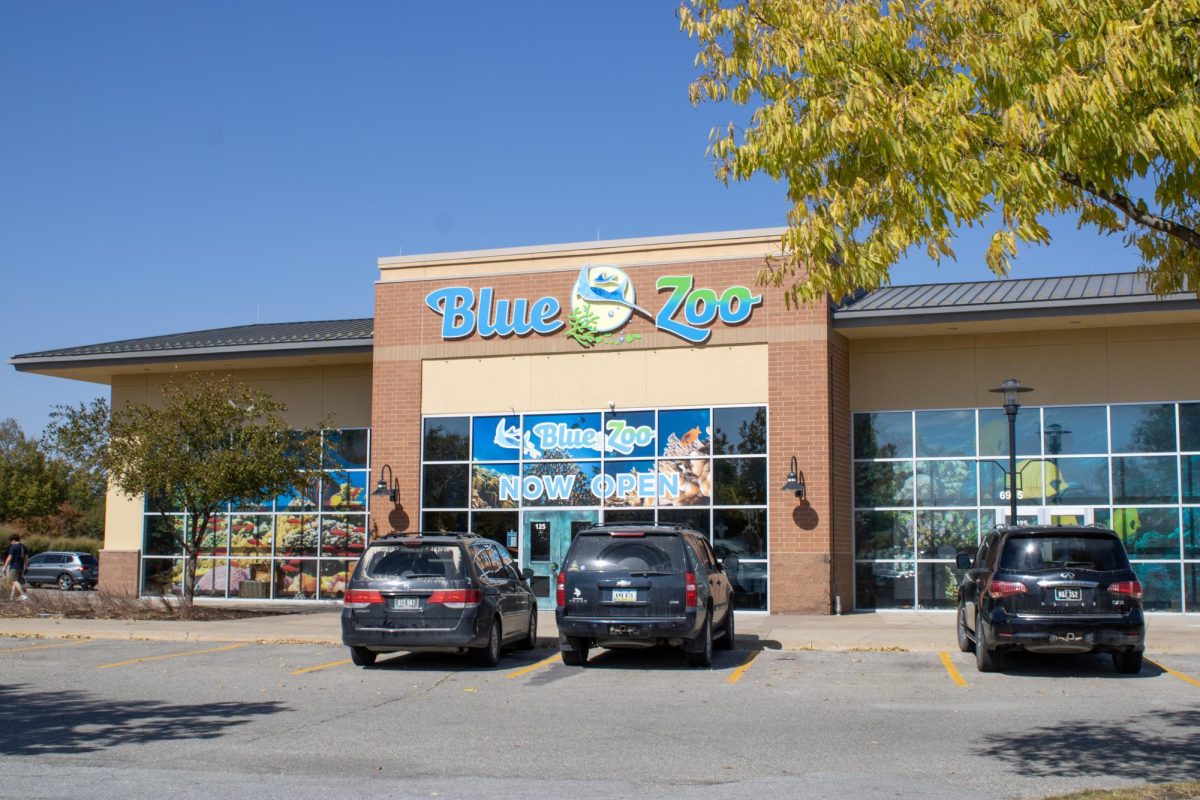Somewhere in a deserted location in Greece, there is a house surrounded by a large lawn and fenced by tall wooden barriers. Inside this house lives a family—three teenagers, two girls and a boy, and their parents. Although the teenagers look a bit too old for it, they spend most of their time playing silly games they invent, the mother brushes the daughters’ hair and the father leaves in his car to go to work every day and picks up groceries on his way home. But the father is the only one who ever leaves the compound of the house.
The Greek film “Dogtooth” sets out to present a very perplexing predicament—a family that is nothing like the social institution we know it to be. These parents aren’t normal parents. They feed their children daily dosages of lies with dinner. These children aren’t normal children. Unaware of the world beyond, they live lives that are limited to the vicinity of their home, and the company of each other.
This film is not for everyone. It greatly disturbed me, but it also gave me a lot to think about. Why would these parents do what they were doing? If it was to protect their children, why didn’t they treat them better? If they had so much disdain for the world they lived in, why did they not just abort the child the wife was carrying? Heck, why didn’t they abort all of their children? Considering the cruel nature of their upbringing, it feels like the children would have been better off not ever being born.
Perhaps the most fascinating thing, and also the hardest to comprehend, is the amount of thought and creativity the parents put into deceiving the children. It is one thing to tell your children Santa Claus is real and entirely another to scare them with stories of cats eating men. Although the concept of a traditional family is reduced to nothing here, the normally unrealized power that the institution encapsulates is unleashed in the form of the parents’ sadism. And so it seems the parents’ intentions may be more than just to protect their children’s innocence.

The long-debated nature versus nurture argument has never been settled. Many believe one trumps the other in the development of self. In “Dogtooth,” writer and director Giorgos Lanthimos shocks the viewers by creating a scenario where both nature and nurture are influencing these naïve kids in their purest forms. Uninterrupted by anything else, the parents douse their children’s heads in preposterous lies and rules, rendering them mentally incapable of surviving in the real world. Yet, despite all of their twisted efforts, insolence slowly starts creeping into the eldest’s demeanor.
To watch this daughter go on a downward spiral while she believes she is getting closer and closer to the world outside is perversely exciting. She goes through a lot; from unwittingly being sexually abused by a girl hired to fulfill her younger brother’s sexual needs, to being the only one of the three children who is seduced by the torment of not knowing what lies beyond. You will root for her deviance because you will understand exactly how she feels, even if you cannot imagine yourself in her place.
“Dogtooth” is a startling drama that does what it was designed to do well, perhaps too well. It shocks and disturbs to such an extent that the viewers may question the need for its very existence. For those who are interested, “Dogtooth” is available for streaming from Netflix.










